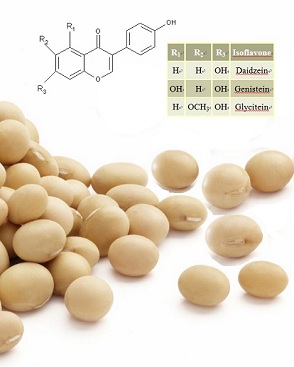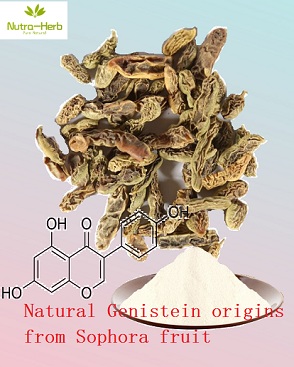- Plant-Based Protein
- Natural Plant Flavours
- Food and Dietary Supplement Ingredients
- Fruit Juice Powder
- Animal Nutrition Ingredients
- Water Soluble Ingredients
- Cosmetic Ingredients
- Unveiling the Therapeutic Potential of Rabdosia Rubescens: A Comprehensive Review
- What are the medicinal properties of Rabdosia Rubescens?
- Nutritional value of Orange Juice Powder compared to fresh orange juice.
- Processing Conditions and Nutritional Value of Orange Juice Powder
- Exploring the Versatility of Herbal Extracts in Food Flavors
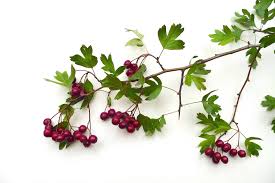
What are the health benefits of hawthorn leaf?
Welcome to our blog! Today, we are diving into the world of hawthorn leaf and uncovering its incredible health benefits. Whether you're a fan of herbal remedies or simply curious about natural alternatives, hawthorn leaf is definitely worth exploring.


Ellagic Acid and benefits,side effect, uses,dosage,Anti-Cancer
Ellagic acid, a polyphenol found in fruits and vegetables. It possesses antioxidant, anti-mutagenic and anticancer properties. Ellagic acid may bind to chemicals that cause cancer, and it may also prevent the growth of cancer cells. Ellagic acid is applied to the skin as a lightening agent. It is also used to treat viral and bacterial infections.
Simple production process in our factory: After the plant is collected, raw material will be processed by solvent extraction, separation and purification, filtration, concentration, drying and other steps to form the final products. We may also design a production process based on your special requirements.
Through the physical and chemical processes, those compunds you don't want was removed, and the compunds preferred was accumulated. Which make the products achieve the best effects.
How to use Ellagic acid powder: What you need is just use our products to formulate your products. It can be mixed with your other ingredients directly to make premix products. It can also be directly used for filling capsules or making tablets. Easy to say, our products are ready for Formula products.
|
Ellagic Acid |
||
|
CAS No. |
||
|
Appearance |
Powder |
|
|
Color |
Grey |
|
|
Partical size |
Normally pass through 80mesh |
|
|
Pack size |
25 kg per paper drum |
|
|
Purity of active compunds |
90%-95% |
By HPLC |
|
For pricing or more information, please call 86 29 88444632 or send an email to Sales@nutraherbsource.com. |
||
Common Names: Benzoaric acid, eleagic acid, elagostasine, gallogen.
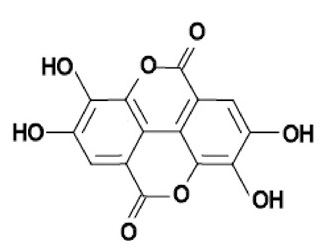
|
Chemical formula: |
C14H6O8 |
|
Molecular Weight: |
302.19 g/mol |
Ellagic acid is a polyphenol antioxidant found in numerous fruits and vegetables including pomegranates,blackberries, raspberries, strawberries and other plant foods. The antiproliferative and antioxidant properties of ellagic acid have spurred preliminary research into the potential health benefits of ellagic acid consumption.
Suggested Properties:
Ellagic acid has antioxidant, anti-mutagen and anti-cancer properties. Studies have shown the anti-cancer activity on cancer cells of the breast, oesophagus, skin, colon, prostate and pancreas. More specifically, ellagic acid prevents the destruction of P53 gene by cancer cells. Ellagic acid can bind with cancer causing molecules, thereby making them inactive. In their studie The effects of dietary ellagic acid on rat hepatic and esophageal mucosal cytochromes P450 and phase II enzymes. Ellagic acid causes a decrease in total hepatic mucosal cytochromes and an increase in some hepatic phase II enzyme activities, thereby enhancing the ability of the target tissues to detoxify the reactive intermediates. Ellagic acid showed also a chemoprotective effect against various chemically induced cancers.
Ellagic acid has also antiviral and antibacterial activities.
Mechanism action of Ellagic acid works on tumor growth.
Ellagic acid is a natural phenolic constituent. Recent in vitro and in vivo experiments have revealed that Ellagic acid elicits anticarcinogenic effects by inhibiting tumor cell proliferation, breaking DNA binding to carcinogens, blocking virus infection, disturbing inflammation, inducing apoptosis and angiogenesis, and drug-resistance processes required for tumor growth and metastasis. Ellagic acid decreases the percentage of viable cells and induced apoptosis also increased ROS formation, mitochondria swelling, MMP decrease, and cytochrome c release in mitochondria isolated from CLL B-lymphocytes. Ellagic acid can act as an anticancer candidate by directly and selectively targeting mitochondria that could induce apoptosis through the mitochondria pathway with increasing ROS production, which finally ends in cytochrome c release, caspase 3 activation, and apoptosis in cancerous B-lymphocytes isolated from CLL patients.
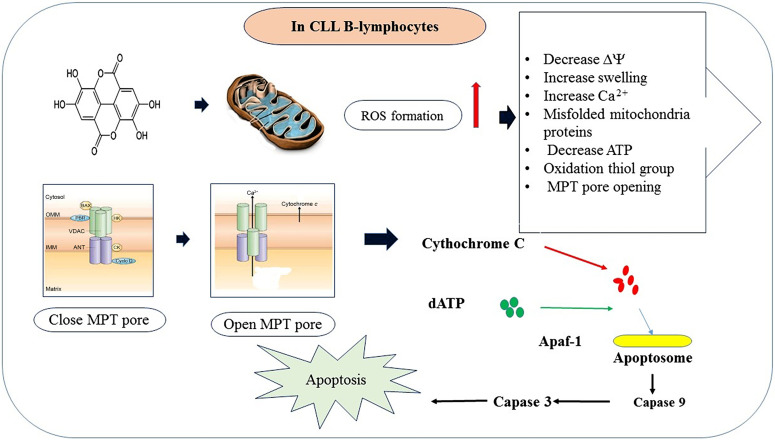
Health Benefits of Ellagic Acid
CANCER
Studies have shown that ellagic acid is able to cause apoptosis (cell death) in cancer cells. Some
also claim that it can prevent the binding of carcinogens to DNA, and strengthens connective tissue, which may keep cancer cells from spreading.
Some studies demonstrate that ellagic acid is able to reduce heart disease, birth defects, liver fibrosis, and to promote wound healing.
Antiangiogenic properties
The vascular endothelial growth factor (VEGF) and platelet-derived growth factor (PDGF) receptors play essential roles in angiogenesis and inhibition of these receptors has been shown to result in potent anti-tumor activity in vivo. Labrecque L et al reported that ellagic acid inhibits VEGF-induced phosphorylation of VEGFR-2 in endothelial cell as well as PDGF-induced
phosphorylation of PDGFR in smooth muscle cells.
Bladder Cancer
Researchers, China Medical University, Taiwan, induced cell cycle arrest and apoptosis in T24 human bladder cancer cells in vitro using ellagic acid.
Breast Cancer
Researchers at Louisiana State University demonstrated that ellagic acid expressed a selective cytotoxicity and anti-proliferative activity, and induced apoptosis in Caco-2 colon, MCF-7 breast, Hs 578T breast, and DU 145 human prostate cancer cells. It was also observed that the mechanism of apoptosis induction in ellagic acid-treated cancer cells was associated with decreased ATP production, which is crucial for the viability of cancer cells.
Esophagus
de Boer JG et al, University of Victoria, Canada, showed the mutation preventive properties of ellagic acid against the mutagenicity of the nitrosamine N-nitrosomethylbenzylamine (NMBA) in the esophagus of the rat.
Prostate Cancer
Lansky EP et al, Rimonest Ltd, Israel showed the anti-tumor activities of ellagic acid against human PC-3 prostate cancer cells in vitro.Researchers at Louisiana State University demonstrated that ellagic acid expressed a selective cytotoxicity and anti-proliferative activity, and induced
apoptosis in Caco-2 colon, MCF-7 breast, Hs 578T breast, and DU 145 human prostate cancer cells. It was also observed that the mechanism of apoptosis induction in ellagic acid-treated cancer cells was associated with decreased ATP production, which is crucial for the viability of cancer cells.
Anti-microbial Activity
Lu HF, Cheng Hsin Rehabilitation Medical Center, Taiwan, demonstrated that ellagic acid was able to elicit dose-dependent bacteriostatic activity and inhibition of N-acetylation of 2-aminofluorene (AF).
Precautions:
Ellagic Acid is considered generally safe, with no known side effects.
Dosage:
The dose of the ellagic acid was arranged (50 mg/kg/day orally)
- Prev:Amygdalin and Benefits, Pharmacological Activity ,Toxicity
- Next:Sialic acid/N-Acetylneuraminic acid and benefits, uses,Pharmacology,biological activity




